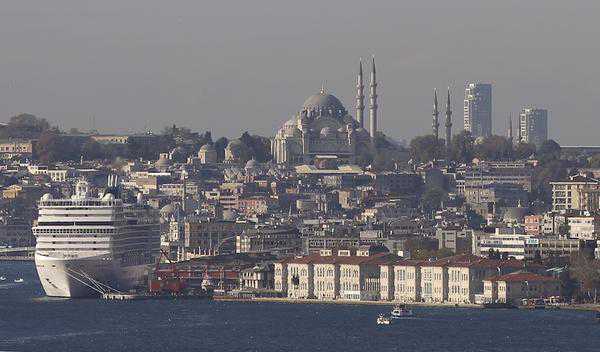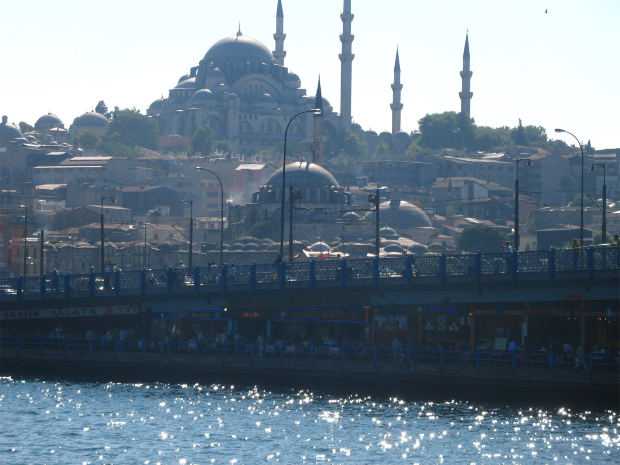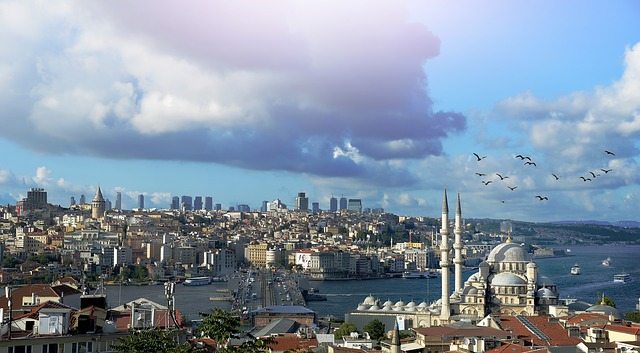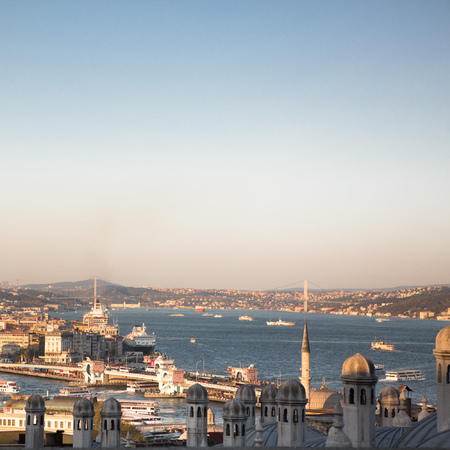Same explosives used by Ergenekon
“Azg” Daily dares to express opinion that the explosions, which burst on July 26 in the Gungoren district of Istanbul, Turkey, and caused 17 people killed and 152 injured, served rather the interests of the underground “Ergenekon” organization than PKK.
Such point of view is first of all grounded by recent detainment of 89 Turkish citizens under suspicion of involvement in “Ergenekon” activities. “Ergenekon”, that secret extremist terror organization, is accused by the authorities of Turkey for destabilizing the political situation in the country, spreading chaos, creating background for military revolution and exciting the conflicts with Kurds.
Moreover, in case of having organized the explosions, PKK would have taken the responsibility, otherwise the act of terror becomes senseless. In the meanwhile “Ergenekon” is not interested in taking the responsibility for the explosions at all, as it works for at least discrediting Erdogan’s regime, if not messing up all the Turkish statehood. Moreover, “Ergenekon” had something to take revenge for after the mentioned arrests.
In despite of the eagerness of Istanbul Mayor Muammer Guler to asribe the explosions to PKK, a point of view which fairly coincided with those of terrorism experts Erdal Sarizbeyki and Ercan Citioglu, rector of “Bahcesehir” university Deniz Ulkyu Ariboga suggested that such actions are rather dangerous for the Kurdish organization and run contrary with its policies. Then the rector suggested that the explosions might be somehow connected to the “Ergenekon’s” case.
As “Eni Safak” newspaper says, Ariboga’s statement was indirectly confirmed by terrorism expert Odner Aytac, professor at the Turkish Police Academy. Examining the PKK-“Ergenekon” connections, the expert suggested that the two organizations could even cooperate in realizing the July 26 explosions. Ariboga stated that ascribing the explosions to PKK at once without due examination of the facts would be a great mistake.
But the matter is not only about the statements of the experts, university rector or even the Mayor of Istanbul. The type of the explosives used, this is what really matters. According to “Zaman”, RDX explosives were used in Istanbul on July 26, which is not a novelty in Turkey. Why? Because the very same type of explosives were used in the murders of Bahriye Ucok, Ahmed Taner Kisal, Ugur Mumcu, as well as in the terror acts in the bazaar of Ankara and Diarbekir school.
Moreover, the Security Court of Turkey wrote to the commission examining the Ugur Muncu case that the aforementioned type of explosives is most frequently used by the Turkish secret intelligence structures. It also came to be known that the same RDX explosives were used in the Asian part of Istanbul against the demonstrators on May 1, 1996. Former PKK members say that the explosions were plotted by the intelligence department of the Gendarmerie.
Mentioning all those facts, “Zaman” newspaper wonders why the explosions were organized. Then Zaman finds the answer to its own question in the accusatory act against “Ergenekon”: “…in order to weaken the positions of the legitimate authorities, to create atmosphere of chaos, organize acts of terror, in secrecy obtain the administrative leverage and come to power against the will of the nation”.
By H. Chaqrian, translated by A.M.
Source: AZG Armenian Daily






